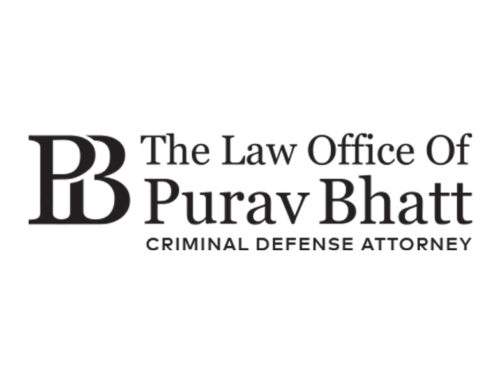
The following are some considerations a citizen should consider to determine whether their constitutional rights have been violated and whether the law provides relief from allegedly illegal search by government action.
Does the Fourth Amendment apply?
First you must ask has an illegal search occurred? Was this illegal search a seizure of property or has a seizure of the person occurred?
Next, is the remedy for Fourth Amendment violations available to the defendant? Is the proceeding a criminal trial in which the guilt or innocence of the defendant is to be determined?
Did the defendant have a reasonable expectation of privacy in the place searched? Legally, this is called having standing. Generally, to have standing one must ask
(1) Was the defendant legitimately on the premises?
(2) Did the defendant have a possessory interest in the area or property seized?
(3) Had the defendant used the area subject to an illegal search?
(4) Did the defendant have the ability to control or exclude others from using the property?
(5) Did the defendant have a subjective expectation of privacy in the property of the illegal search?
(6) Was the area an open field?
Did the defendant have a legitimate expectation of privacy in the thing seized?
(1) Was the thing located in an open field?
(2) Was the thing abandoned?
Was the search or seizure done by a private individual?
(1) Was the private individual acting at the behest of a government agent?
(2) What was the scope of the search or seizure by the private individual?
Arrests
When the police arrest an individual, by law this is a seizure. What becomes difficult is the grey line between the police detaining and individual and arresting him or her. Was the police action a seizure? Questions that must be asked include:
(1) Did the officer require compliance?
(2) Did the officer lawfully apply physical force?
(3) Did the officer block the defendant’s way, display a weapon, or activate a siren or flashers?
(4) Did the defendant submit to the show of authority?
If the police action was a detention, did the officer know specific or articulable facts warranting the detention?
One of the most important questions a person can ask when stopped by the police to decide whether they are under arrest is would a reasonable, innocent person under the circumstances consider himself or
herself free to leave? To determine this ask yourself:
(1) Did the officer take the defendant’s identification?
(2) Did the officer escort the defendant to an interrogation room?
(3) Did the officer hold the defendant in an interrogation room for a long period of time? What were the conditions?
(4) Did the defendant become the focus of the investigation?
(5) Did the officer hold the defendant while he or she developed evidence or continued investigating the case?
(6) Did anyone tell the defendant he or she was free to leave?
These are all consideration and challenges that can be made to the search and arrest of a person. If you or a loved one has been arrested for drug offenses, gun offenses or other state or federal offenses you need to be advised as to your rights and opportunities under the law.
Contact The Law Office of Purav Bhatt at 773-791-9682.






